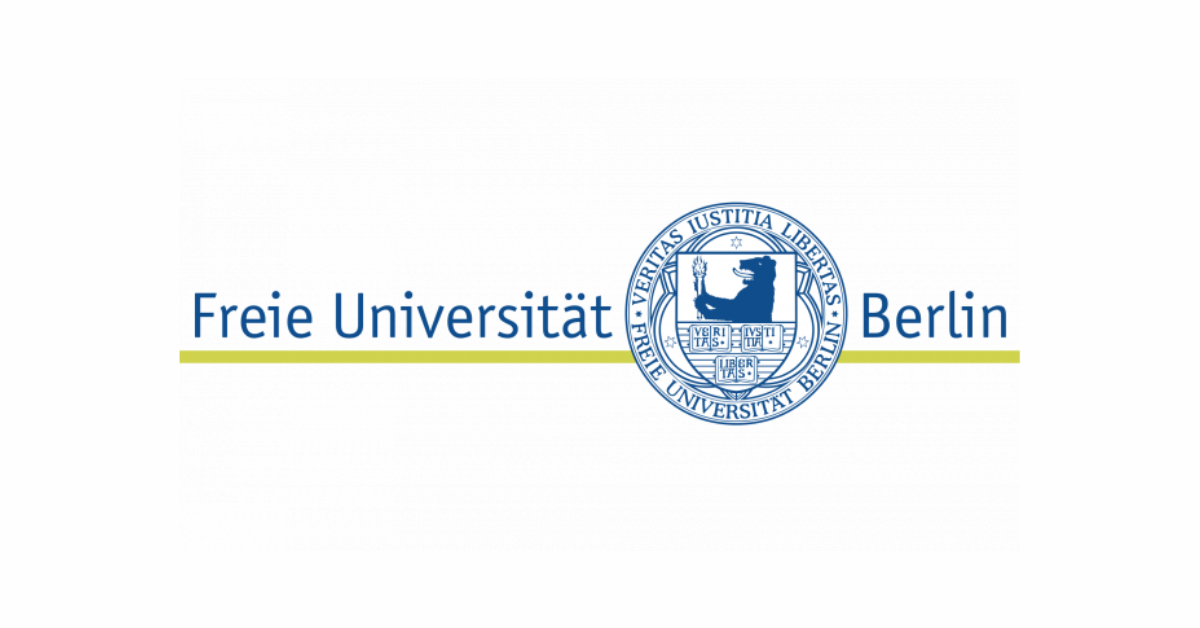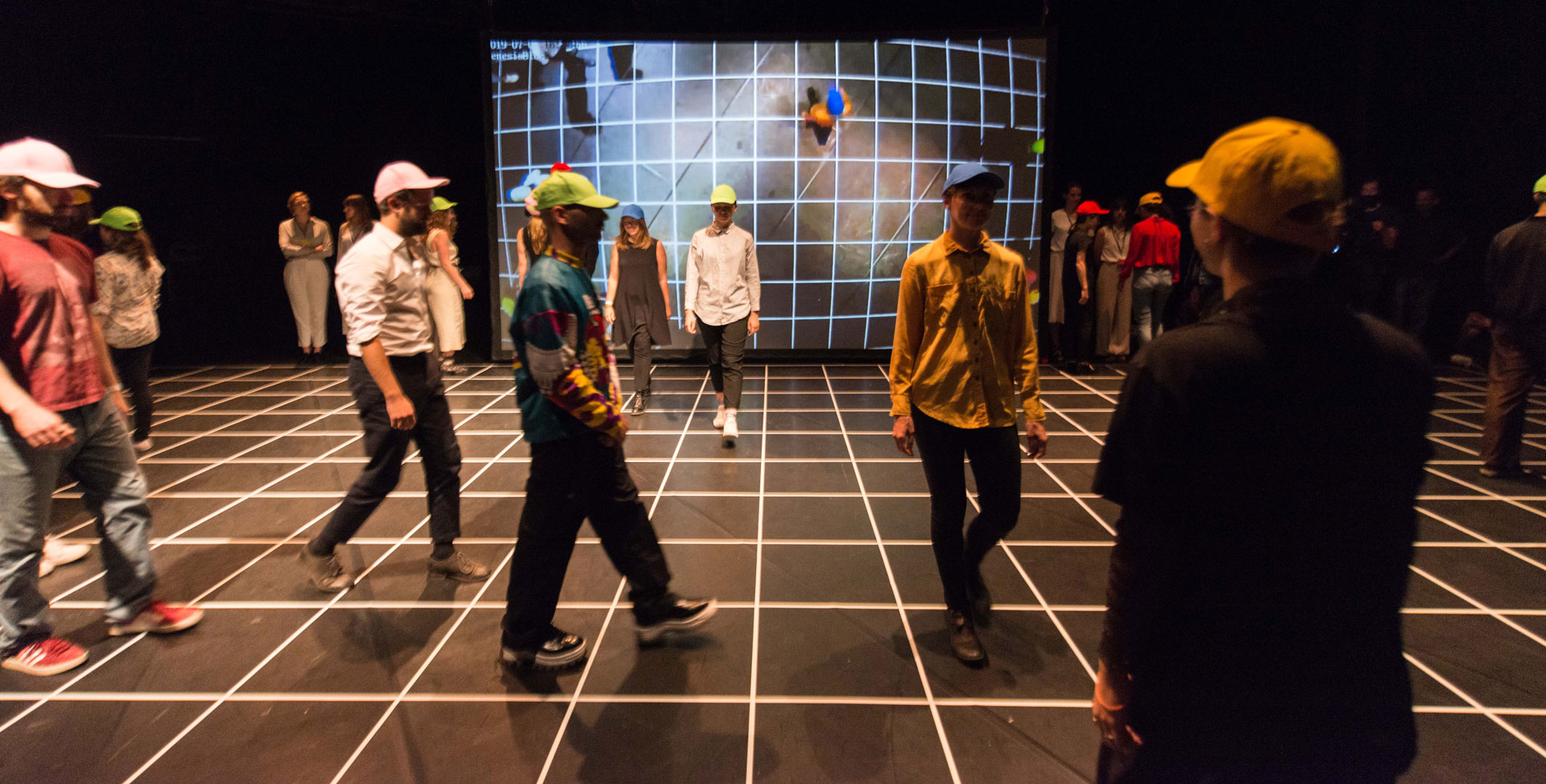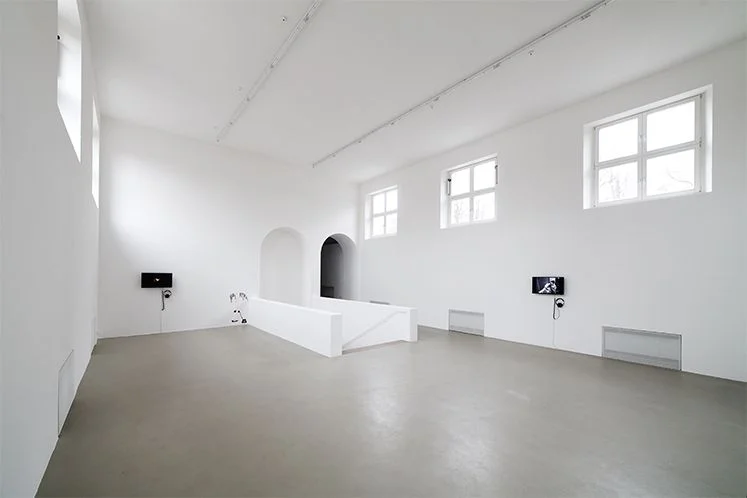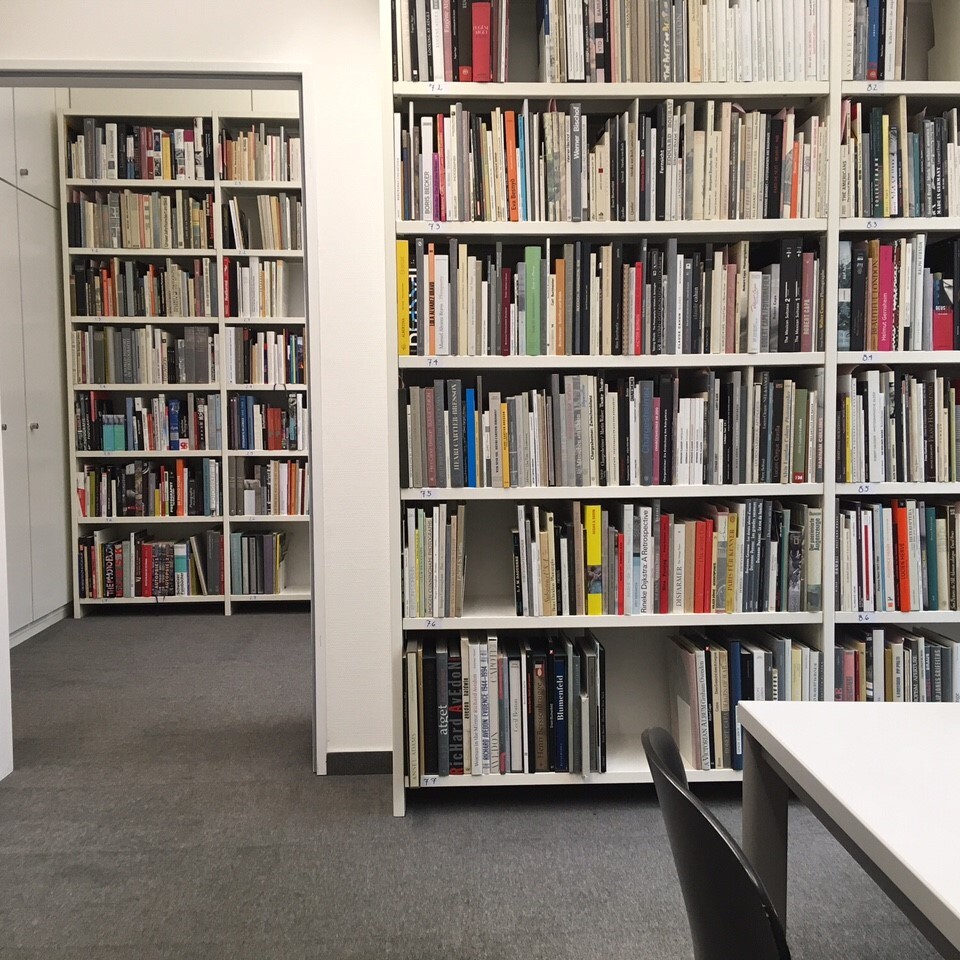The Cluster of Excellence “Contestations of the Liberal Script (SCRIPTS)” is a research centre that analyses the contemporary controversies about the model of liberal democracy and the market economy. The term “liberal script” relates to a set of ideas and institutional prescriptions about how society is organized based on the core principle of individual self-determination. The main purpose of SCRIPTS is to understand why the liberal model of order has fallen into crisis despite its political, economic, and social achievements.
SCRIPTS has been operating since 2019 and is funded by the German Research Foundation (DFG) until the end of 2025. The Cluster is hosted by the Freie Universität Berlin and it unites eight major Berlin-based research institutes. Cluster research teams are made up of doctoral researchers, postdoctoral researchers, and professors from social and area studies. SCRIPTS is well connected with research institutes and knowledge exchange partners throughout the world, including political and cultural organisations, as well as civil society actors. In addition, SCRIPTS brings renowned visiting scholars from all over the world to Berlin.
Job description:
Western liberal-democratic countries currently use museums exhibiting “objects from afar” to deliberately forge a sustainable (i.e. future-oriented) and thus “modern” view of themselves vis-à-vis the “others.” They try to replace historic patterns of felt cultural superiority by an image of mutual global respect and cultural sensitivity. The Paris Musée du Quai Branly and the Berlin Humboldt-Forum are two examples.
Yet, this attempt has severely backfired. The international discussion on provenance and on the moral obligation of former colonial powers to restitute artefacts and art pillaged or bought from dubious third sources during the time of occupation and imperial dominance has led to an active, broad and passionate public debate about history, historic responsibility, discrimination and the re-interpretation or even public re-surfacing of a forgotten or suppressed memory of the (colonial) past. These debates not only put into question the future of traditional museums and of traditional international (cultural) relations. They are linked to wider discussions on how to interpret the past, present and future of Western societies.
Do these criticisms and debates represent a specific, object-related contestation to the liberal script? This is what this project will investigate. It will tackle the following questions:
1. In which way do public debates on the display of specific objects “from afar” inform, shape, mirror, transform and influence wider discussions and debates on a liberal-democratic nation’s history, current and future identity and its role in the world.
2. How does this discursive dynamic with its network of specific national and transnational actors and institutions constitute a general contestation of the liberal script?
The methodological focus of the project will be on materiality (“objects”) and it is envisaged that national case studies of the liberal-democratic Global North (be it Germany, France or Great Britain) will be combined with different continental perspectives and voices from “the other side” where many of the objects originate (e.g. Senegal and Mexico).
The post-doc position is open to candidates from the social sciences and history. Candidates themselves choose and propose which methods they plan to use and which case studies to choose. They will closely collaborate with the Research Units Temporality (Prof. Philipp Lepenies, Political Science, Freie Universität Berlin) and (Re-)Allocation (Prof. Andreas Eckert, History and African Studies, Humboldt University Berlin).nThe overall project is a collaborative effort between various Principal Investigators of the SCRIPTS Research Units Temporality, (Re-)Allocation and Borders as well as with other partners. This collaboration will facilitate the interdisciplinary exchange and the integration of transcontinental perspectives that the post-doc will not be able to cover alone. The overall output of the project will be a series of joint workshops and publications.
The post-doc will be based at the Otto-Suhr-Institute of Political Science of the Freie Universität Berlin and be part of the Research Center for Sustainability (Forschungszentrum für Nachhaltigkeit FFN).
The selection will be done by both Prof. Lepenies and Prof. Eckert and according to the SCRIPTS Diversity Rules & Guidelines:
https://www.scripts-berlin.eu/about-us/Diversity/SCRIPTS_-Diversity_-Rules-_-Guidelines1/index.html
The position serves for the applicant’s own academic qualification (second book, Habilitation equivalent).
Requirements:
• Completed scientific university studies in the above mentioned disciplines, doctorate
Desirable:
• Willingness to make use of interdisciplinary approaches and cooperations
• Pronounced interest in issues of materiality, museum policy and cultural diplomacy, post-colonialism and national identity creation, ideally with a knowledge of relevant Area Studies.
• Excellent English language proficiency (C1 or equivalent)
• Very good/excellent French language skills (C1-C2) – ideally also of Spanish
• Knowledge and experience in the application of qualitative methods
• Excellent doctorate











